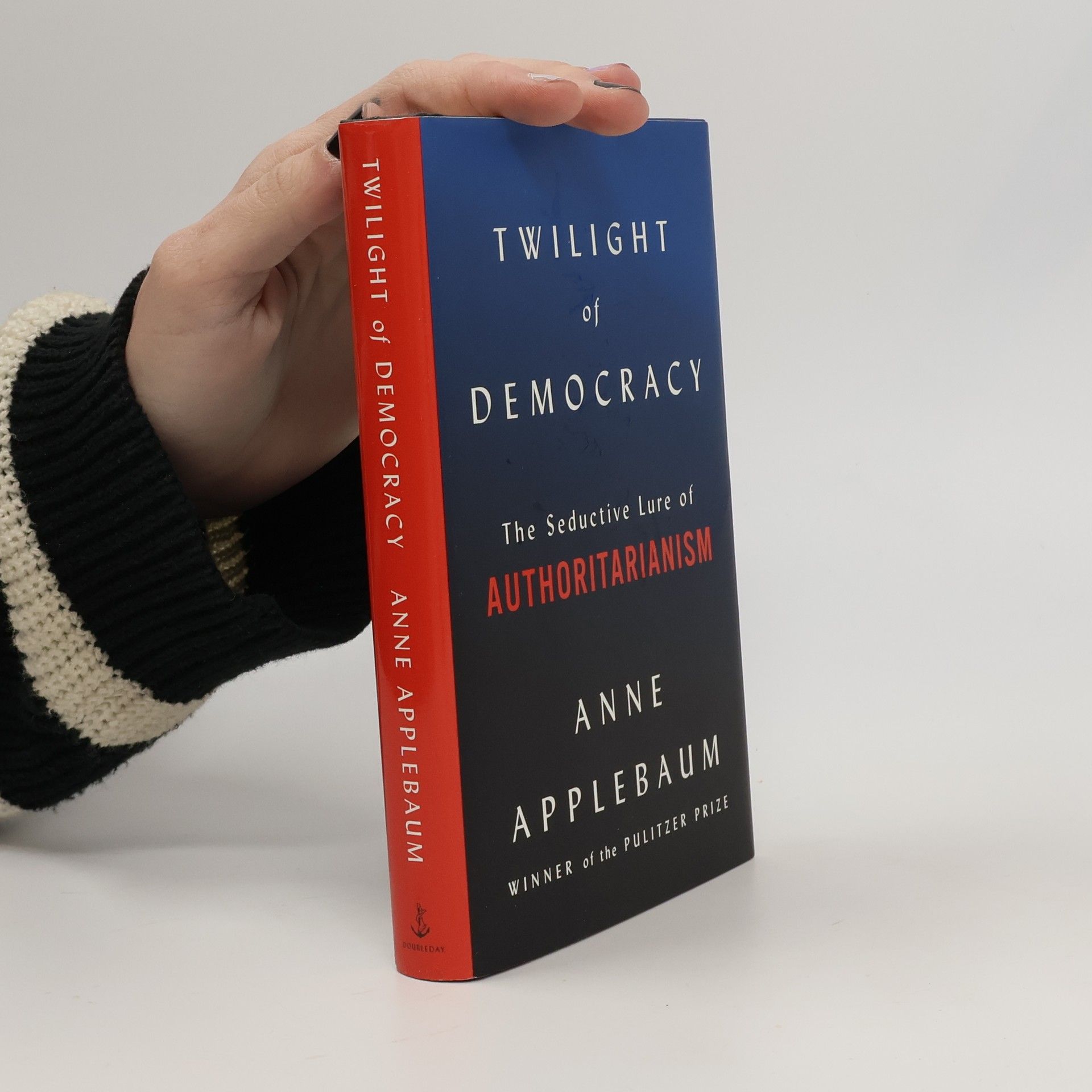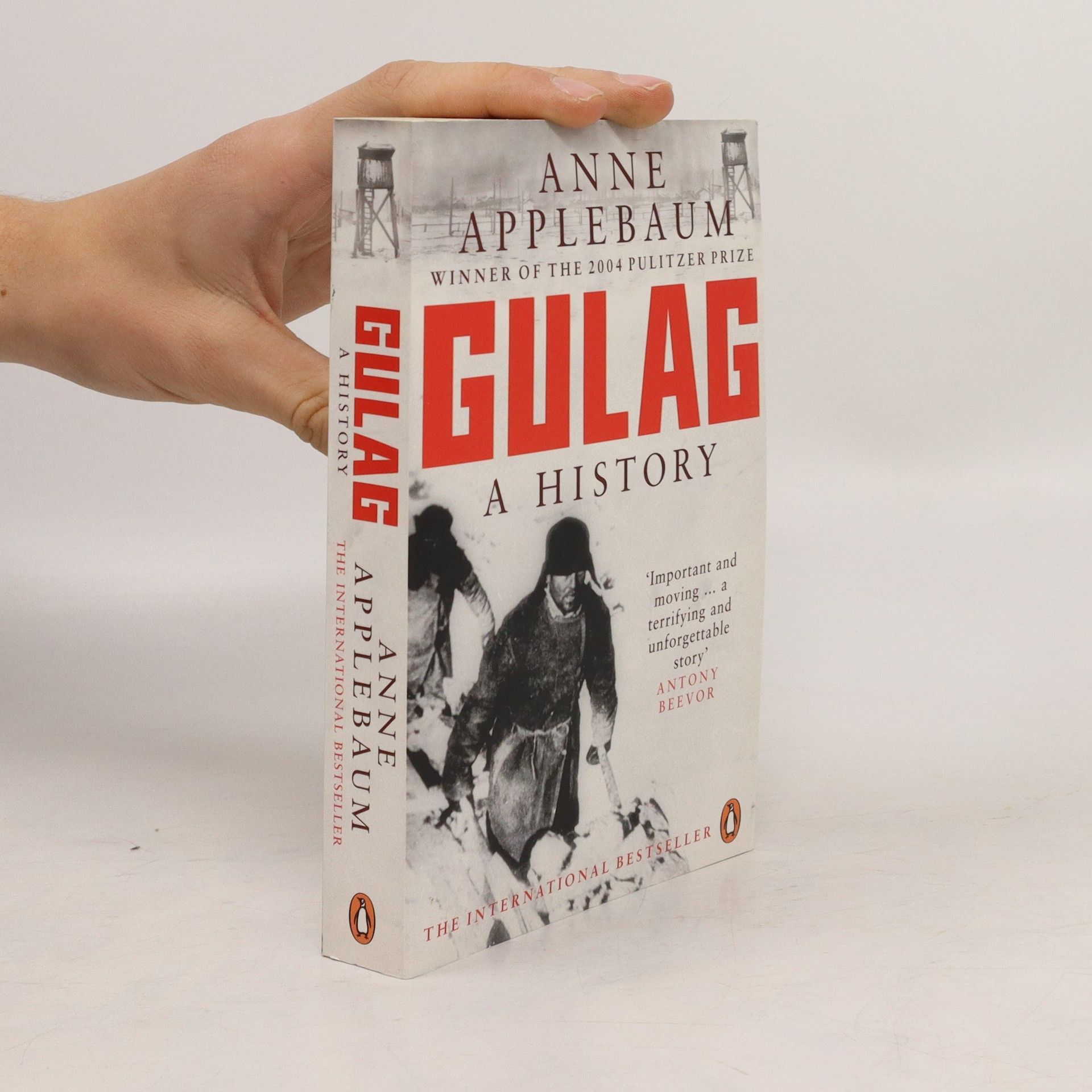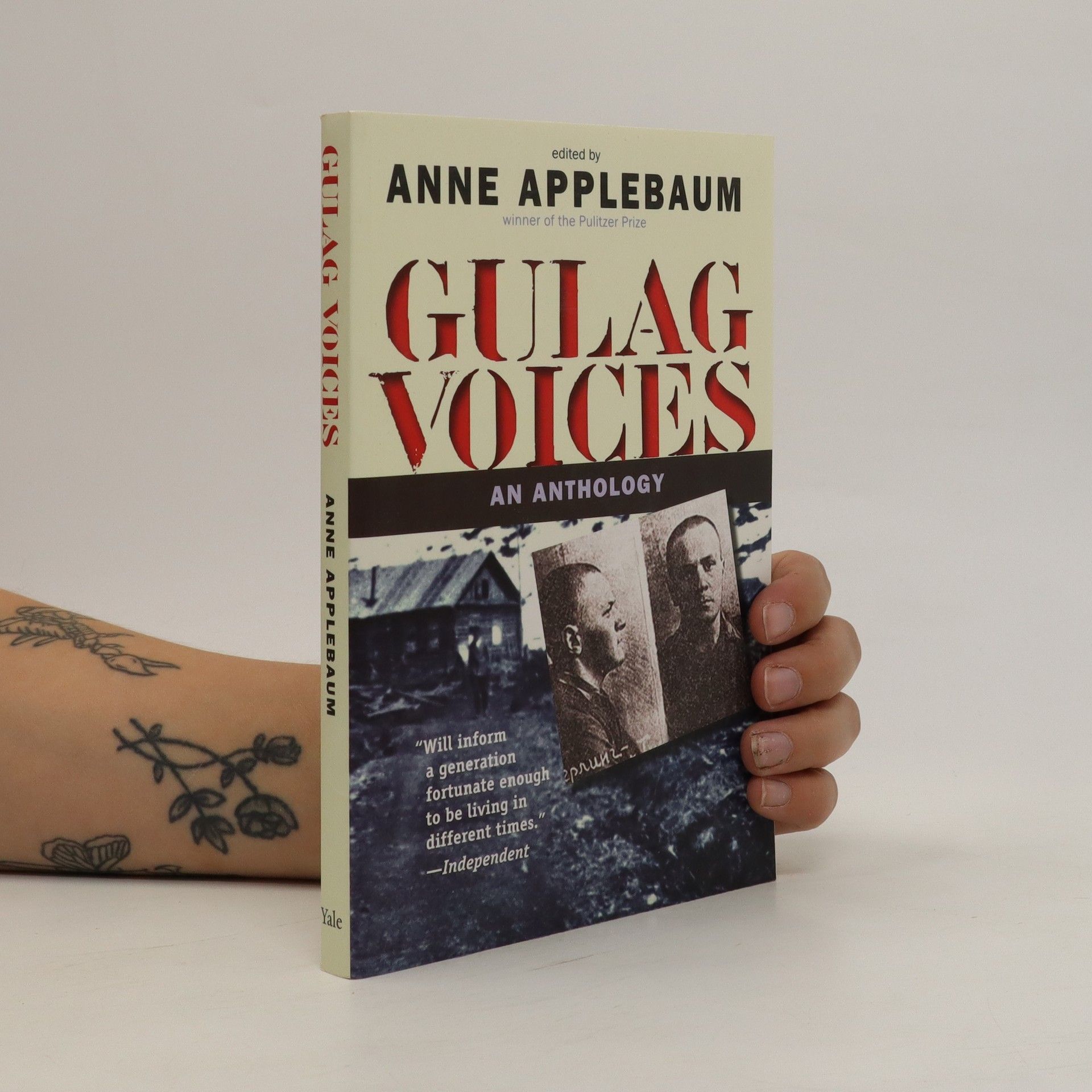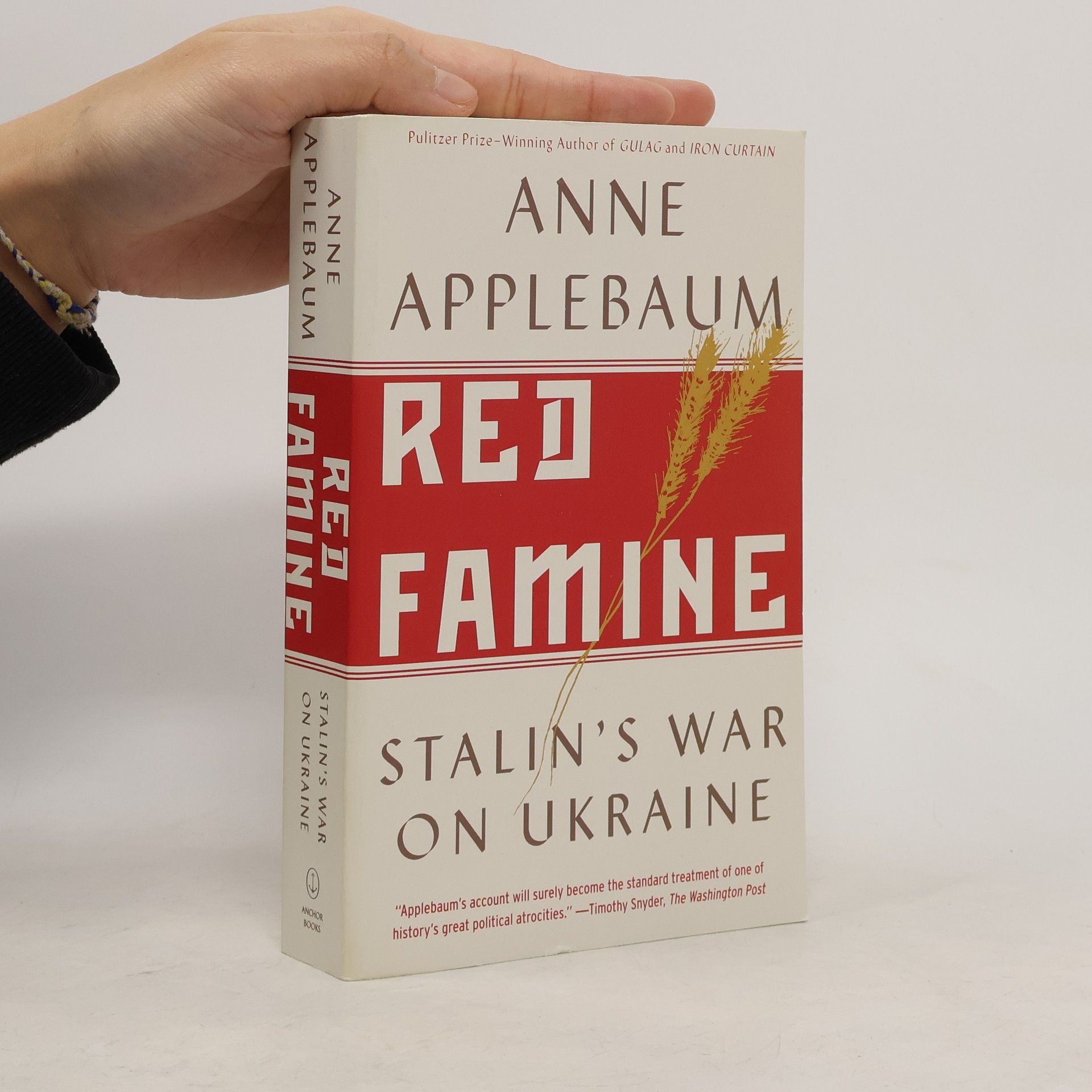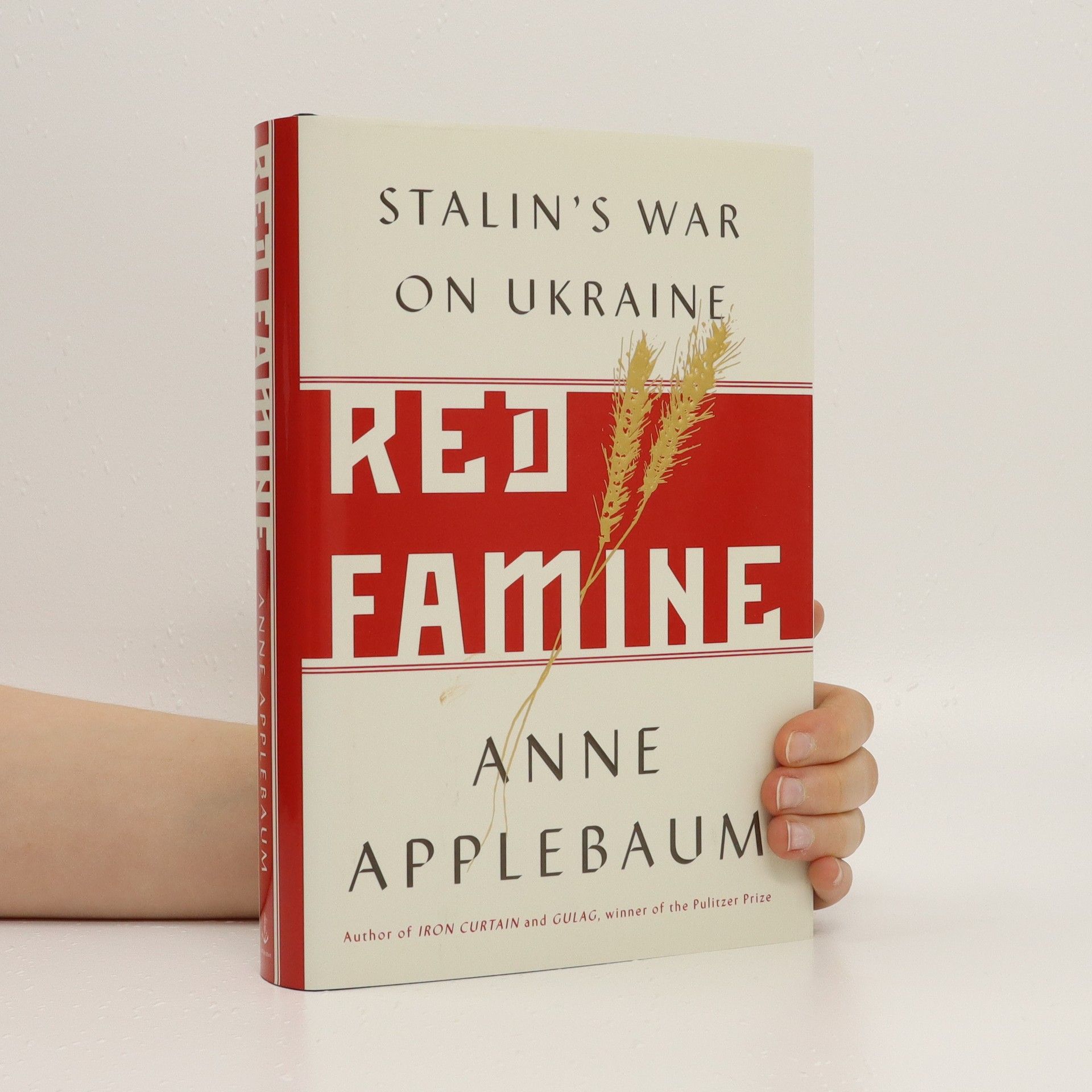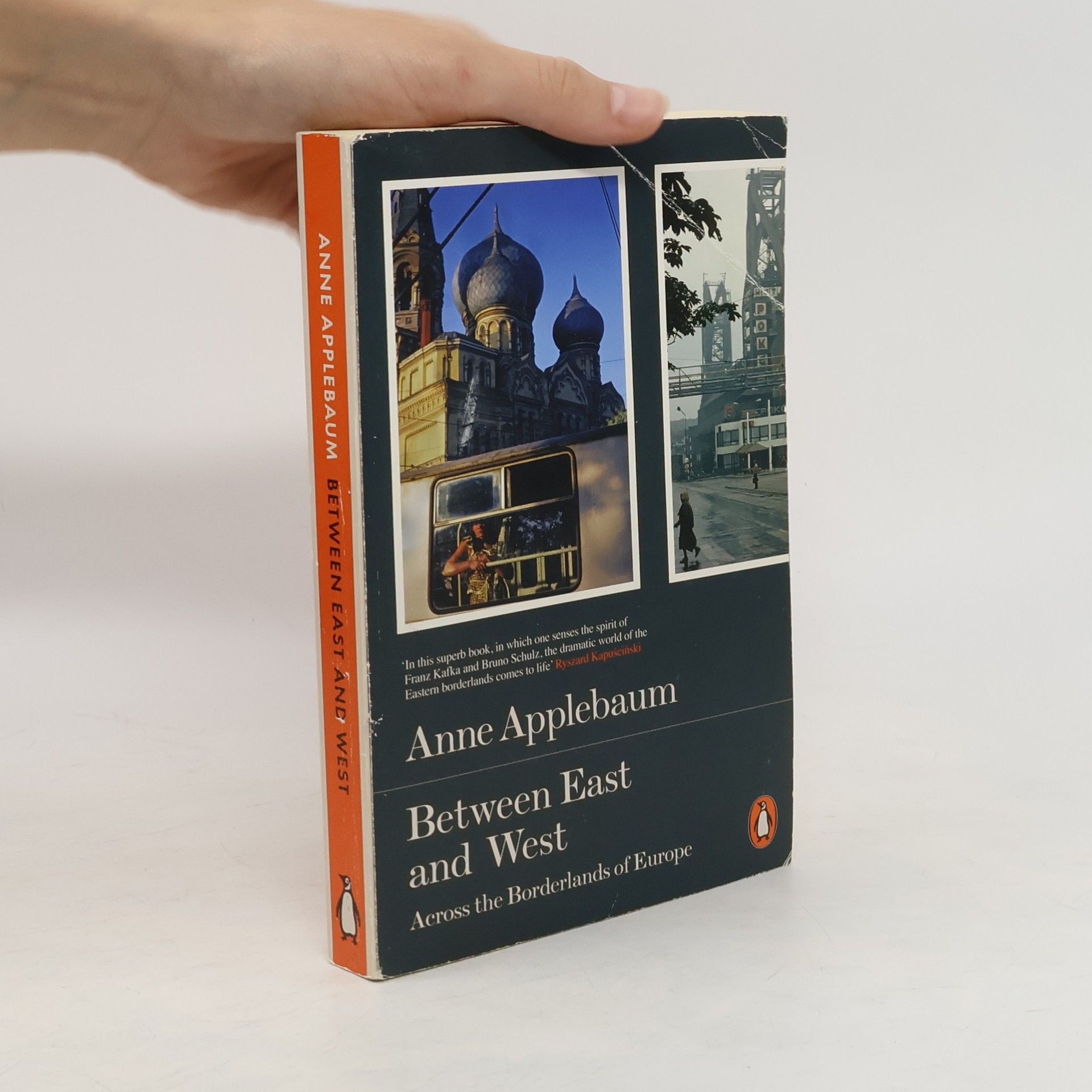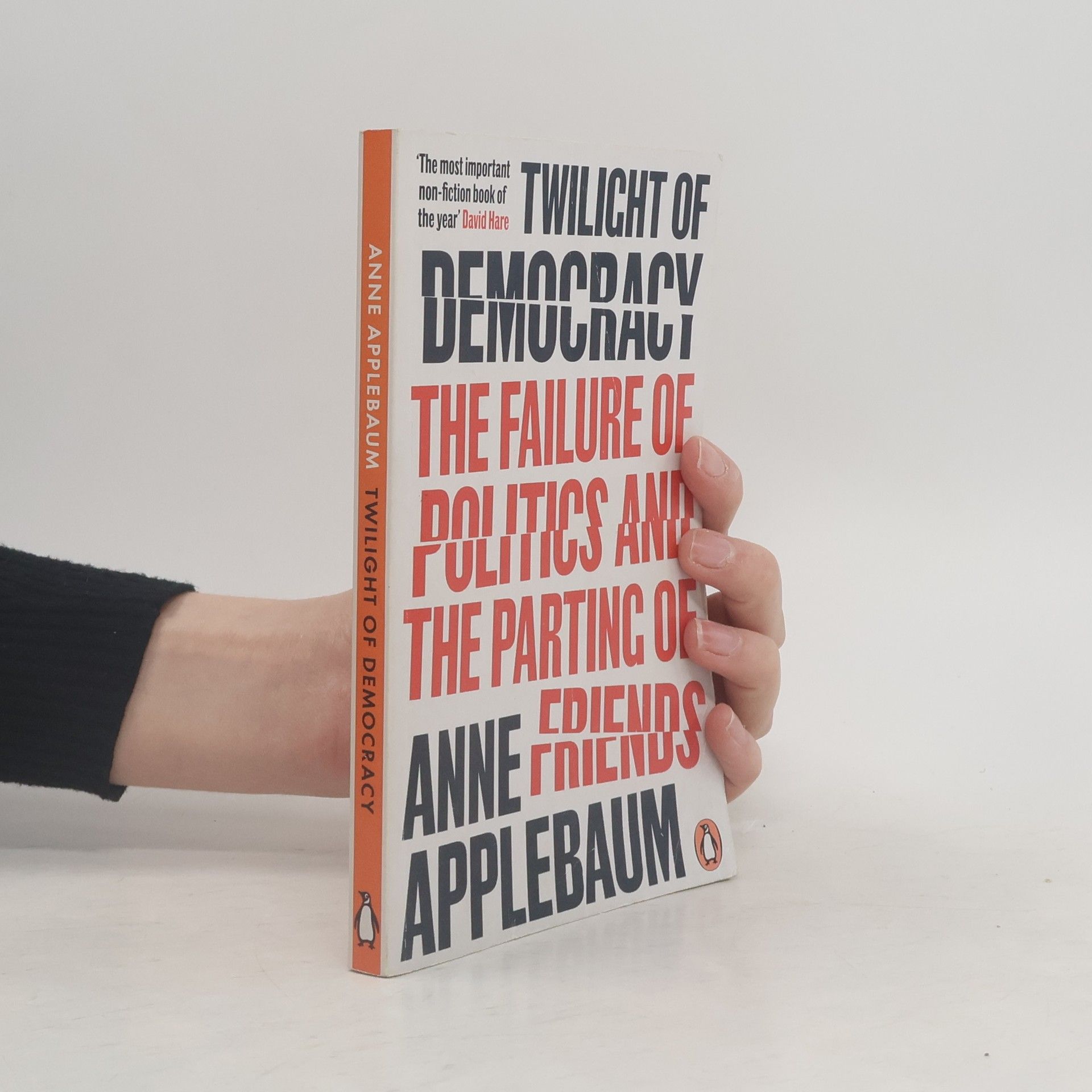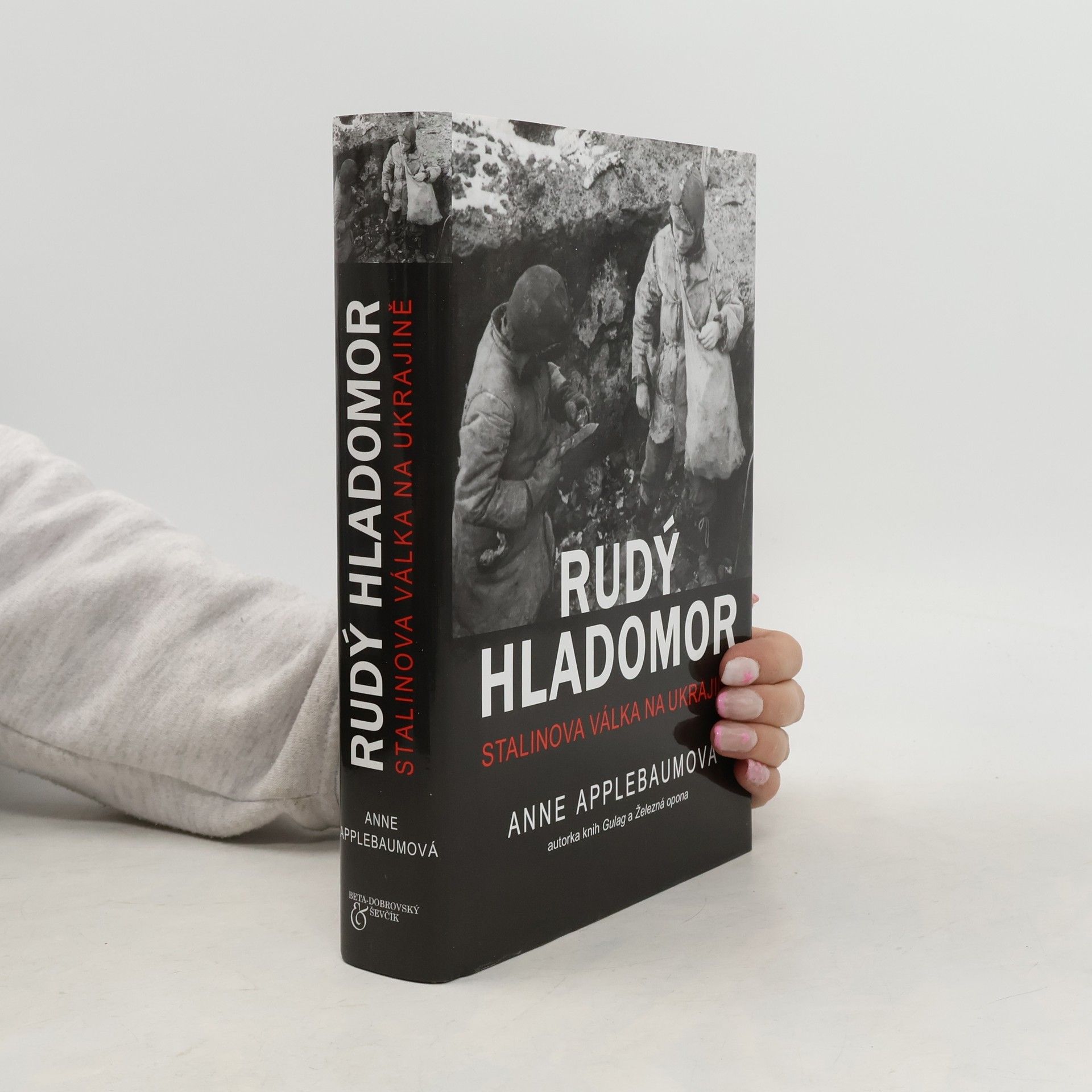Red famine. Stalin's war on Ukraine
- 461pages
- 17 heures de lecture
Introduction: the Ukrainian question -- The Ukrainian revolution, 1917 -- Rebellion, 1919 -- Famine and truce: the 1920s -- The double crisis: 1927-9 -- Collectivization: revolution in the countryside, 1930 -- Rebellion, 1930 -- Collectivization fails, 1931-2 -- Famine decisions, 1932: requisitions, blacklists and borders -- Famine decisions, 1932: the end of Ukrainization-- Famine decisions, 1932: the searches and the searchers -- Starvation: spring and summer, 1933 -- Survival: spring and summer, 1933 -- Aftermath -- The cover-up -- The Holodomor in history and memory -- Epilogue: the Ukraine question reconsidered

